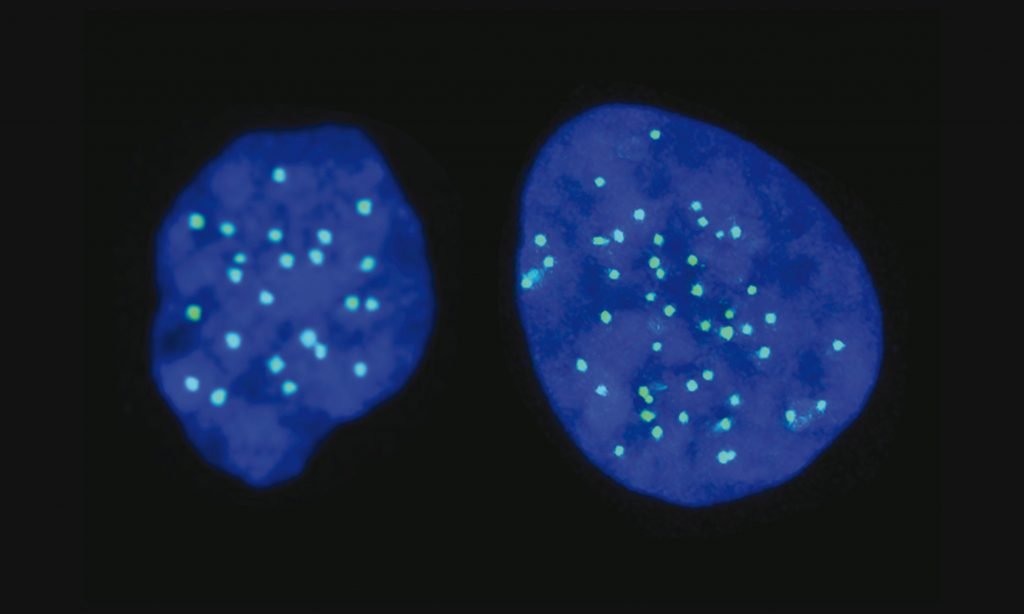![]() July 16, 2018 | A Jerusalem-based biotech company that developed precision-medicine technology to increase chemotherapy’s effectiveness announced that it raised $4 million in a seed financing round from a publicly-traded US-based company to be named NovelStem International Corp. The company, NewStem, is a spinoff of Yissum, The Technology Transfer Company of The Hebrew University.
July 16, 2018 | A Jerusalem-based biotech company that developed precision-medicine technology to increase chemotherapy’s effectiveness announced that it raised $4 million in a seed financing round from a publicly-traded US-based company to be named NovelStem International Corp. The company, NewStem, is a spinoff of Yissum, The Technology Transfer Company of The Hebrew University.
NewStem’s technology can predict patients’ resistance to chemotherapy allowing for better, targeted cancer treatments and the potential to reduce resistance to chemotherapy.
The new investment will be used to support the company’s human Haploid Embryonic Stem Cells (hHESCs) technology, developed by Chief Science Officer, Professor Nissim Benvenisty of The Hebrew University of Jerusalem’s Azrieli Center for Stem Cells and Genetic Research. “NewStem‘s genetic screenings of hHESCs are creating a comprehensive library of mutated genes which confer resistance to individual chemotherapeutic agents. Integration of this proprietary database with each patient’s tumor genetic profile will allow for the prediction of resistance to chemotherapy prior to the commencement of treatment,” the company says in a statement.
NewStem CEO, Ayelet Dilion-Mashiah, said, “We are pleased to have secured a commitment for $4 million and a solid long-term partner through this investment. We now have the capital, expertise, and strategic counsel to further advance NewStem’s products and solutions for chemotherapy targeting.”
The company hopes to collaborate with leading pharmaceutical companies and innovative startups for the development of therapeutics for genetics disorders and for reproductive purposes, in addition to its current chemotherapy resistance diagnosis development.
Dr. Yaron Daniely, CEO and President of Yissum, said, “NewStem is an excellent new addition to the dozens of academic-born startups rooted in the strong life science research at the Hebrew University. This investment provides strong support for NewStem’s goal of revolutionizing the treatment of cancer through personalized, patient-centered care.”
Related posts

Israeli AI Safety Tool Among TIME’S Best Inventions For 2024

TAU Team Discovers Mechanism To Eliminate Cancerous Tumors

Ashdod Port Investing In Startups As Part Of Innovation Strategy




Facebook comments